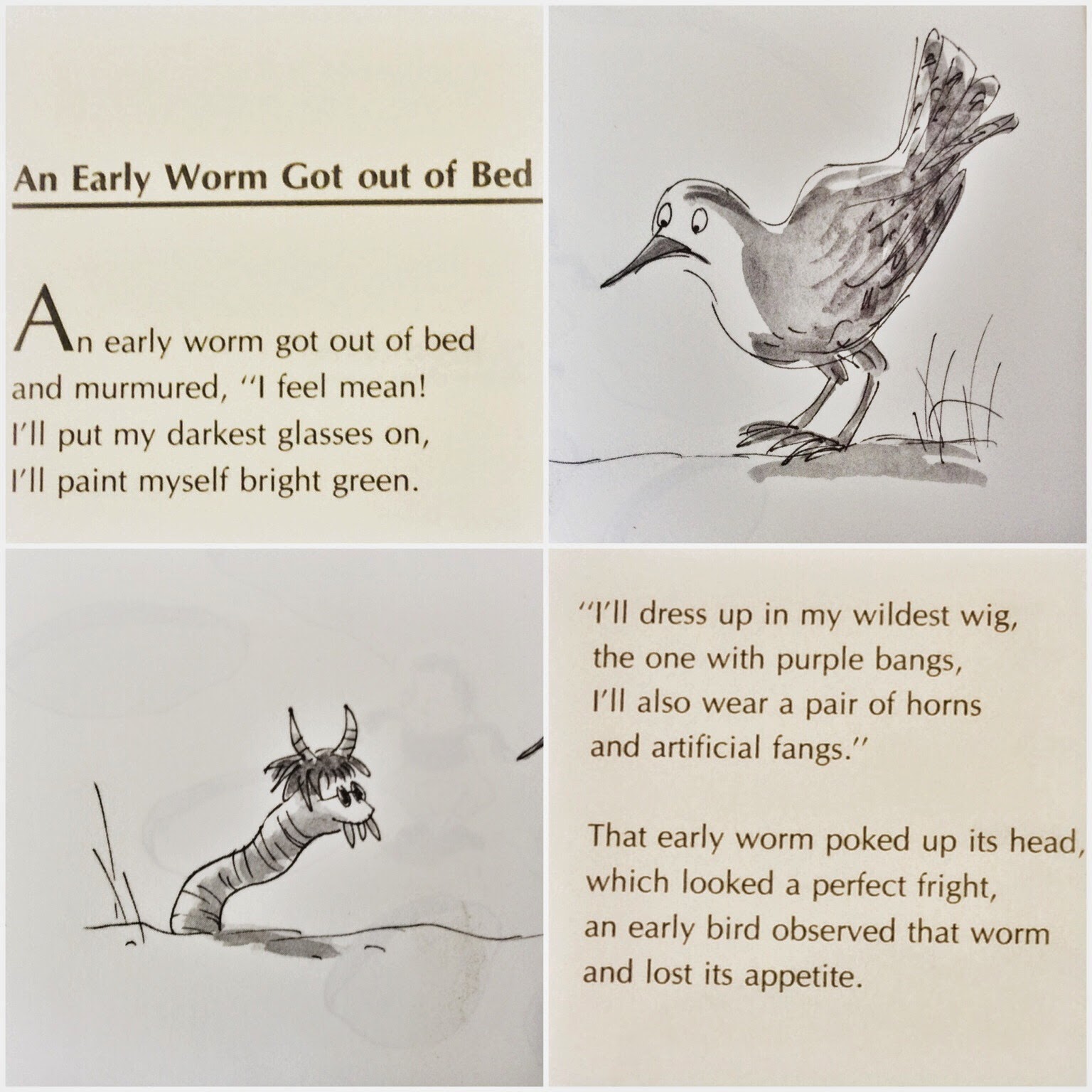The Parable of the Disappointed King
“You wanted to see me, Your Majesty?” asked the Royal
Gardner.
“Yes,” said the king brightly, “I would like some corn. Did
we plant any corn in the Royal Garden?”
“No,” said the gardener, “in our last meeting you told me you
wanted the Royal Garden to be a place of beauty. I was commanded to plant only
those things with beautiful flowers. As you know, Your Majesty, corn does not
produce beautiful flowers, so it was not planted this year.”
“Oh how disappointing,” sighed the king with a frown, “I
think you misunderstood. I have always liked corn. Please plant some at once.”
“As you wish Your Majesty,” said the gardener obediently.
“There are many varieties of corn to choose from. Would you like the best one
for this climate, or a variety which fruits quickly?”
“I am the king. When have I ever wanted anything other than
the very best?”
“I understand, Your Majesty. I shall plant the corn this
very morning.”
The obedient gardener spent the remainder of the morning
digging up some petunias and pansies he had just planted a day earlier to make
room for the requested corn. He planted an excellent variety for the climate
which was expected to produce fruit in 88 days.
After working in the Royal Garden all day, the gardener took
a few of the discarded petunias and pansies home and planted them around the
edge of his own humble vegetable garden. He thought they added a little beauty
to his surroundings as he watered his peas, thinned his carrots, and weeded his
corn before eating his simple dinner and retiring for the night
Two weeks later the Royal Cook appeared at the garden with a
wicker basket. “The king has sent me to fetch some corn for his dinner. Please
pick some at once.”
The Royal Gardener pointed to some tiny green shoots poking
an inch out of the ground. “The corn has just barely sprouted. Tell the king it
will not be ready to pick for about two and a half months.”
“Oh my,” said the concerned cook, “the king will be very
disappointed. He had his heart set on corn for dinner.” With that, the cook
returned to the castle kitchen.
It was only a few weeks before the cook returned. “The king
insists on having corn for dinner tonight. He said to pick some corn at once.”
The gardener just shrugged and pointed to the fruitless green plants. “Oh my,”
said the cook, “but the king will be very disappointed. You had better go
explain it to him. He won’t listen to me.”
“Did I not tell you to plant corn?” asked the irate king
when the Royal Gardener was escorted into the king’s presence.
“I did, Your Majesty, but it is not yet mature enough to
bear fruit.”
“This is very disappointing,” mumbled the king. “You said
before that there were many varieties of corn. Is there a variety which will
grow quicker?”
“Yes, Your Majesty, but…”
“Perfect!” barked the elated king. “Replace this
disappointing corn with one which will grow quicker, at once.”
“As you wish,” said the obedient gardener, “I will replace
the corn this very morning.”
The gardener spent the remainder of his morning digging up
the small corn plants and reseeding the corn patch with a variety of corn which
was expected to produce fruit in 66 days.
As was usual, after work the gardener went home and tended
his own garden by weeding the carrots and watering the corn before retiring for
the night.
A few weeks later the Royal Cook was back. “The king wishes
to have corn for dinner.”
The gardener pointed wordlessly at the small green plants in
the corn patch.
“Oh my,” said the cook, “the king will be very disappointed.
You will need to explain this to him. I’m not brave enough.”
Again the gardener explained to the king. Again the king was
disappointed. Once again the king demanded that the gardener replace the
disappointing corn with a new variety. Obediently, the gardener worked all
morning digging up the immature corn and reseeding the royal corn patch.
A few more weeks passed. As before, the Royal Cook appeared
and requested corn for the royal table. As before, the gardener could not
supply the corn. As before the Royal Gardener appeared before the king.
“Still no corn!” shouted the king when the gardener arrived.
“This is too disappointing.”
“I’m sorry to have disappointed Your Majesty,” said the
humble gardener. “I feel under the circumstances that I must offer my
resignation as Royal Gardener.”
“Did you plant the corn as I asked?”
“Yes,” said the gardener, “but you are still disappointed in
me.”
“Nonsense!” said the king, “You did exactly as I asked. I am
not disappointed in you. I am disappointed in the corn. It is not growing fast
enough.”
“But, Your Majesty,” began the gardener.
“We must keep trying to find a variety of corn which will
not be disappointing,” interrupted the king. “Please continue your duties. Dig
up this disappointing corn variety and plant another—at once!”
Once again the Royal Gardener did as he was commanded. That
very morning he dug up the disappointing corn and planted a new variety. He
spent the afternoon performing his other gardening duties and then went off to
his small cottage for the night.
As he worked in his own small garden, the Royal Gardener
thought how very grateful he was to still have his job as the Royal Gardener.
He loved gardening. He knew there was no more magnificent garden in all of the
kingdom than the Royal Garden. He felt he was a very lucky person to be able to
work in the Royal Garden each day.
Later at dinner, as the gardener bit into a freshly picked
ear of corn, he also thought of the king. He thought sadly that the king was
destined to be forever disappointed because he never seemed to understand that
only with patience can some fruits be eaten… although a little fresh butter was
also nice.
Moral: Only with patience can some fruits be eaten.
©2014
William L. Steen







































.JPG)





.JPG)



